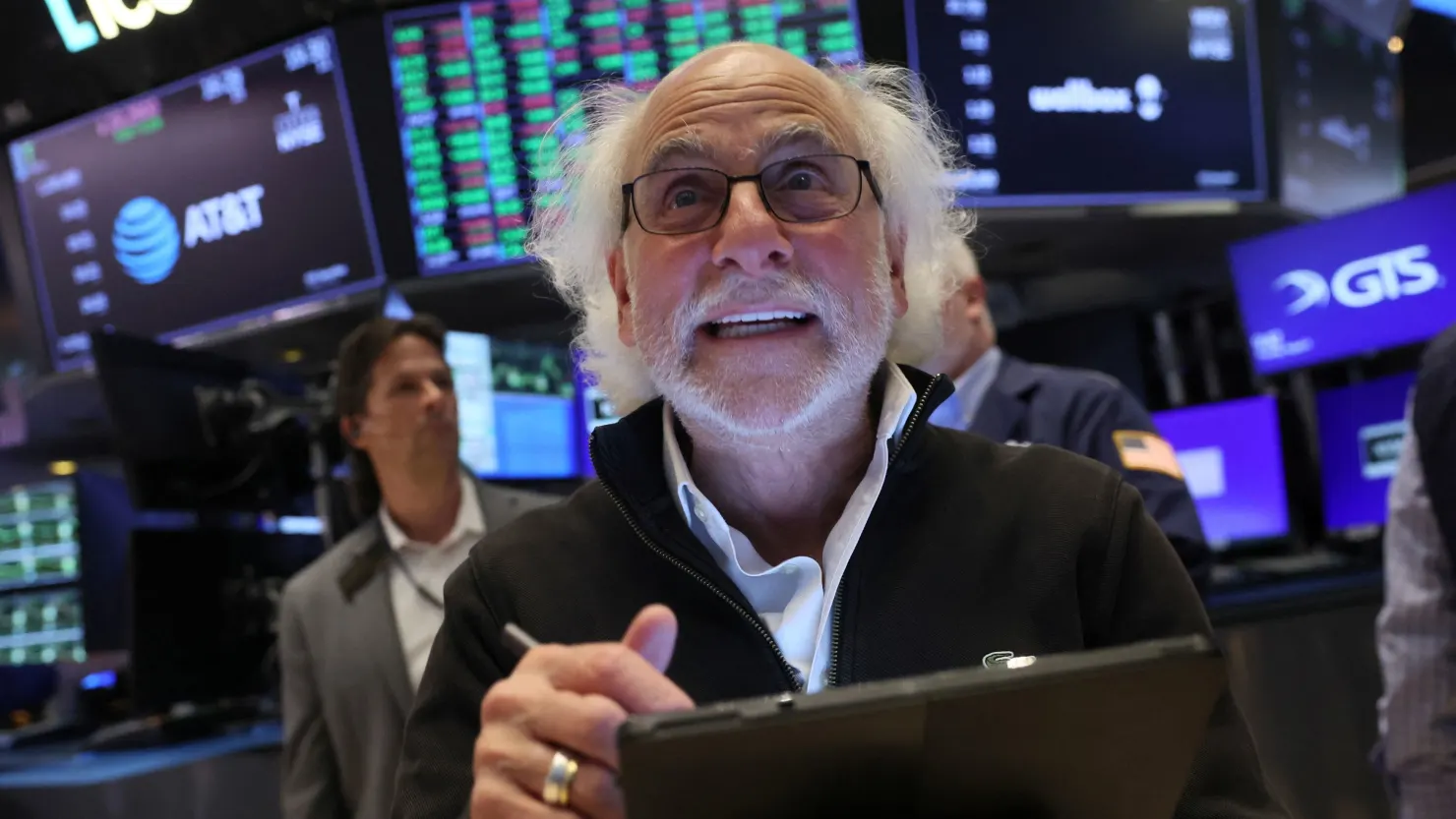The S&P 500 and Dow Jones Industrial Average powered to new highs on Friday and capped off a winning week as banking behemoths ushered in a promising start to the third-quarter earnings season.
The broad index gained 0.61% to end at 5,815.03, while the Dow rallied 409.74 points, or 0.97%, to finish at 42,863.86. Both averages hit fresh all-time highs and closed at records. The Nasdaq Composite added 0.33% to finish at 18,342.94 and less than 2% below its all-time high.
“What we’re seeing — and I think you’re seeing it hit pretty hard today, in a good way — is a broadening of the market,” said Craig Sterling, head of U.S. equity research at Amundi US.
The major averages also registered a fifth straight week of gains. The S&P 500 and Nasdaq jumped 1.1% each, while the Dow toted a 1.2% gain.
A strong start to the third-quarter earnings season provided a lift to stocks. JPMorgan Chase rose 4.4% after topping profit and revenue expectations, while Wells Fargo popped 5.6% on stronger-than-expected profits. Investors overlooked disappointing revenue and an 11% decline in net interest income.
“Net interest income used to be the bellwether of whether [a] bank is doing well or not,” said Kim Forrest, chief investment officer at Bokeh Capital Partners. “Investors have comprehended that they’ll make money in good times and bad.”
Wall Street tends to view the banking sector as a barometer for the health of economy, setting the tone for the remainder of the earnings season. However, Forrest notes they lack the visibility into forward guidance that often affects the postearnings stock moves.
Stocks also benefited from data that alleviated fears that inflation was not cooling off quickly enough. That included a cooler-than-expected September producer price index reading after the consumer price index increased slightly more than expected. The findings signaled that the Federal Reserve may in fact attain a soft landing scenario and reach its 2% goal, which Goldman Sachs economists think upcoming September inflation data may already show.
“Overall, these numbers are getting less impactful as inflation moderates,” said David Russell, global head of market strategy at TradeStation. “The Fed could still be on track for 25 basis points at the next two meetings.”
Fed funds futures trading suggests a nearly 90% likelihood that the Federal Reserve will dial back interest rates by a quarter point in November, according to the CME FedWatch Tool. Central bank policymakers will keep a close eye on additional data, which will shape their course on rates.
Elsewhere, Tesla shares tanked 8.8% on the back of an underwhelming robotaxi event.

